Comic books short reviews
The thing about comic books in series is that’s kinda hard to say that much about them after volume one, so here’s some brief thoughts on comics I’ve read lately.
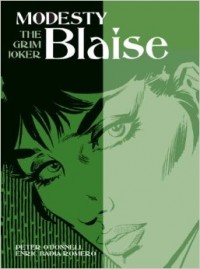 Modesty Blaise: The Grim Joker
Modesty Blaise: The Grim Joker
by Peter O’Donnell (writer) and Enric Badia Romero (artist)
I’ve jumped in my reading of Modesty Blaise from strips from the early 1970s to those of the early 1990s and it shows. While the stories themselves are still very gung-ho pseudo Bond adventures and they still look quite 1960s, the gender politics and subject matter have moved on. Modesty is no longer the only capable female on the block, though there are still gratuitous scenes of her nearly or fully naked at least once in every storyline. This volume collects three stories: one is about amnesia and the bond between Modesty and her best friend/right-hand man Willie Garvin; one is about two very different treasure hunts that collide; and one is about a series of murders that Modesty and Willie decide to risk their lives to solve. The dialogue can be clunky and the plots a little predictable, but these stories remain enormously fun, with a great sense of style.
“Willie hits the water and finds with some surprise that he is still alive. But on the surface the river pounds with furious speed between the canyon walls. For over a mile Willie is swept down-river, unable to do more than stay afloat…he fends off the menacing rocks and tumbling debris, but at last the current hurls a heavy log at him—and on the other side of the world, where it is night, Modesty wakes abruptly.”
Continue reading “Comic books short reviews”

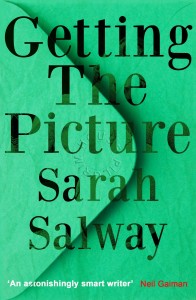 Getting the Picture
Getting the Picture Asylum and Exile: the Hidden Voices of London
Asylum and Exile: the Hidden Voices of London
 On Tuesday I went to London and I tried really hard not to go to any bookshops while I was there after last week’s book buying. I avoided all the bookshops I know and love and instead went to the British Library to visit the
On Tuesday I went to London and I tried really hard not to go to any bookshops while I was there after last week’s book buying. I avoided all the bookshops I know and love and instead went to the British Library to visit the 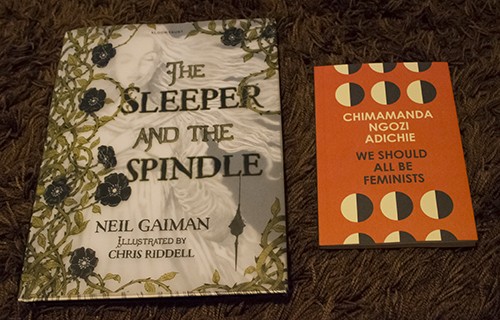
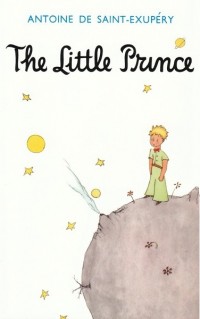 The Little Prince
The Little Prince

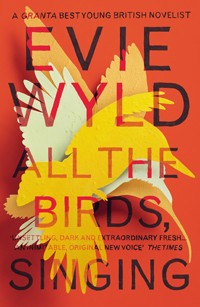 All the Birds, Singing
All the Birds, Singing